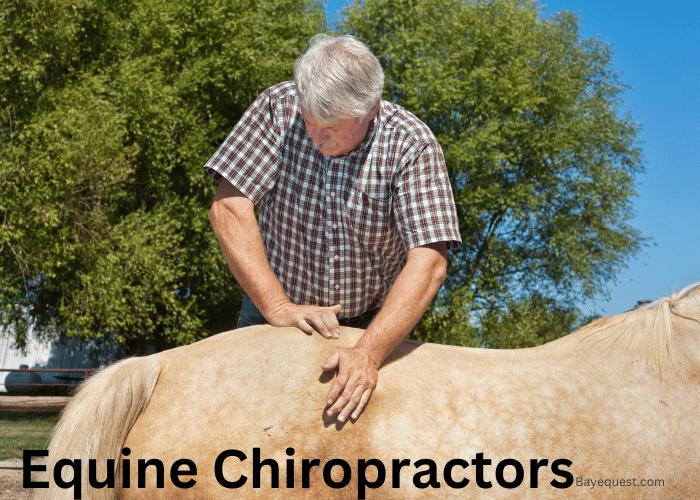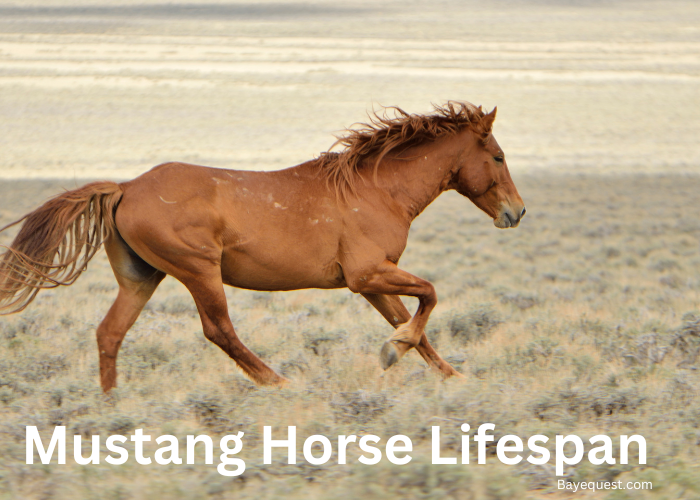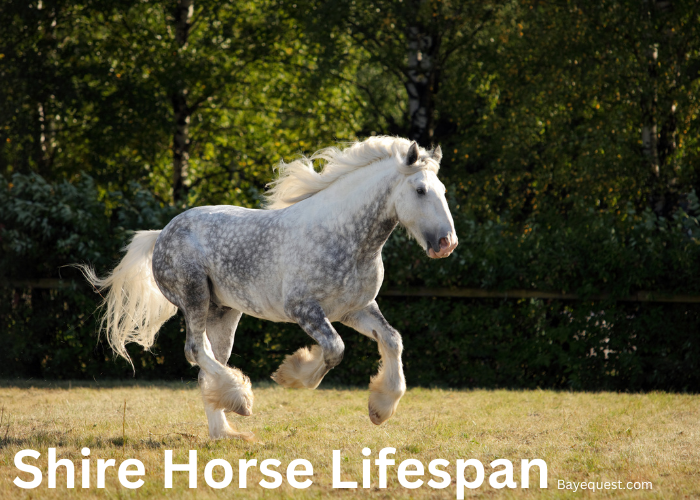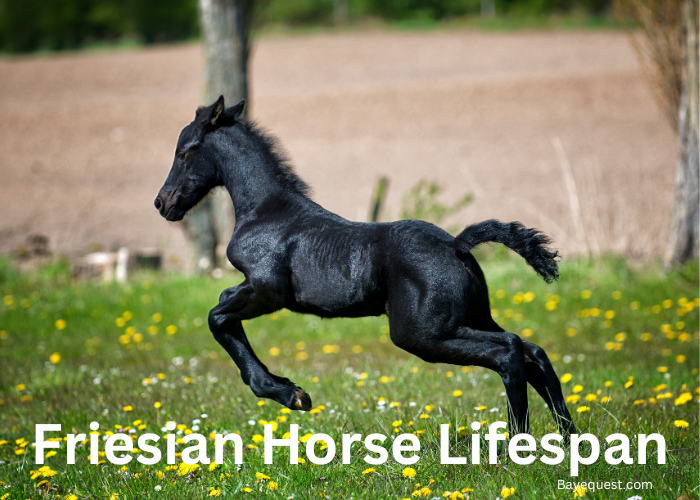Horses need proper care to perform their best. Did you know a misaligned spine can affect your horse’s health?
Equine chiropractors fix this. They adjust your horse’s spine to relieve pain and improve movement. If your horse seems stiff or off-balance, this might be the reason.
In this article, you’ll learn how chiropractic care can help. We’ll explain what an equine chiropractor does and how to tell if your horse needs one. It’s simple care that makes a big difference.
What is an Equine Chiropractor?
An equine chiropractor is a specialist who focuses on aligning a horse’s spine and joints. Much like chiropractors for humans, they use their hands to find and fix misalignments that can cause pain or restrict movement.
This care is essential for horses because their bodies are constantly stressed from jumping, racing, or even just carrying a rider.
Equine chiropractors help horses move more freely and comfortably by ensuring everything is in its right place.
What Do Equine Chiropractors Do?
An equine chiropractor has several important roles in caring for horses. Here’s what they do:
Assess movement. They watch how a horse moves to identify any problems with walking or running.
Check for pain. They feel along the horse’s body, especially the spine and joints, to find any areas that might be causing discomfort.
Adjust joints. Using their hands, they apply specific pressures to make gentle adjustments to the horse’s joints and spine, helping everything align properly.
Improve flexibility. Their treatments often help increase a horse’s range of motion.
Enhance performance. By ensuring the horse’s body is properly aligned, they help improve its overall performance in whatever tasks it faces.
Prevent injuries. Regular adjustments can help prevent injuries by keeping the horse in optimal condition.
How to Become an Equine Chiropractor
Becoming an equine chiropractor involves a few key steps.
First, you need to get a solid education. This usually means earning a degree in veterinary medicine or a related field.
Then, you specialize in chiropractic care through additional training, which often includes both coursework and hands-on experience with horses.
After your education, you must get certified. This involves passing exams that test your knowledge and skills in equine chiropractic methods.
Certifications can vary depending on where you live, so check the requirements in your area.
Finally, gaining practical experience. Working with experienced equine chiropractors or participating in internships can provide you with the real-world skills you need.
By following these steps, you’ll be well on your way to helping horses achieve better health and performance.
Equine Chiropractic Principles
Equine chiropractic care is built on several fundamental principles, which guide how practitioners approach the treatment of horses.
They include:
Body unity. The principle of body unity in equine chiropractic emphasizes that all parts of the horse’s body are interconnected. A problem in one area can affect others. So, treatment aims to consider the horse as a whole rather than focusing on individual symptoms.
Self-healing. Horses have an innate ability to heal themselves. The role of the equine chiropractor is to facilitate this natural healing process by removing any physical barriers.
Structure and function. This principle states that the structure of the horse’s body affects its function. Misalignments in the spine or joints can lead to dysfunction, and correcting these misalignments can help restore normal function.
Neurological focus. The nervous system controls everything in the horse’s body, from muscle function to internal organs. Chiropractic adjustments enhance nerve communication by ensuring the spinal column is properly aligned.
Prevention and maintenance. Equine chiropractic isn’t only for treating existing issues. It’s also a preventive measure to maintain the horse’s overall health and performance. Regular chiropractic care can help prevent injuries and ensure the horse remains agile and strong.
Tailored treatment. Each horse is unique, and so are their chiropractic needs. Equine chiropractors assess each horse individually to create a personalized treatment plan that addresses specific issues and goals.
Horse Chiropractors Salary Expectations
The salary of horse chiropractors can vary quite a bit based on several factors. These may include location, experience, and the type of clients they serve.
Generally, horse chiropractors can expect to earn anywhere from around $50,000 to over $100,000 per year. Those just starting out might be on the lower end of that range. Conversely, experienced chiropractors working with horses or in affluent areas might earn more.
Horse chiropractors often work as part of a broader veterinary practice or as independent contractors. Their income might also depend on the number of clients they see and the rates they charge per session.
Building a good reputation and a strong client base can significantly influence earnings.
How Do You Know If Your Horse Needs a Chiropractor?
Knowing when your horse might need a chiropractor involves watching for certain signs indicating discomfort or movement issues. Here are some key indicators:
Changes in behavior or mood. If your horse seems more irritable, anxious, or less interactive than usual, it might be experiencing discomfort.
Difficulty with movements. Watch for signs like difficulty in turning or bending, stiffness when moving, or unusual posture changes. If your horse seems reluctant to perform movements that were previously easy, it could be a sign of discomfort.
Performance issues. A drop in performance, especially in activities like jumping, racing, or dressage, can suggest physical issues. These could be clues if your horse starts refusing jumps, shows decreased agility, or has slowed times.
Visible discomfort or pain. Signs like flinching when touched, visible tension, or reactions when saddling could indicate areas of pain.
Gait irregularities. Any change in how your horse walks or trots, such as limping or uneven gait, indicates something might be wrong.
Reduced flexibility. If your horse shows less flexibility during grooming or riding, it may benefit from a chiropractic check-up.
Unexplained changes in eating or lying down behavior. Difficulty lowering the head to eat or reluctance to lie down might also indicate that your horse is experiencing discomfort in the neck or back.
Odd posture. If you notice your horse standing or moving in an unusual way, it could indicate discomfort or misalignments that need attention.
Aging. Older horses often experience a natural decline in muscle and joint health.
Problems with muscles. Signs of muscle tension, spasms, or noticeable shrinking of muscles could indicate underlying issues.
Joint or bone health issues. Any signs of discomfort when moving, reluctance to perform usual tasks, or audible sounds from the joints during movement can indicate joint or bone health problems.
Read also: Anatomy of the Horse Muscle.
What to Expect During an Equine Chiropractic Session
During an equine chiropractic session, you can expect a few key steps to ensure your horse receives the best care. Here’s what typically happens:
First, the chiropractor will start with a thorough evaluation. They will observe your horse as it walks and possibly trot.
This helps them spot any irregularities in the horse’s gait or posture. The chiropractor will also feel along the horse’s spine and joints, checking for any areas of tightness or discomfort.
Next, the actual adjustment process begins. The chiropractor will use their hands to apply precise pressure to specific areas of the horse’s body.
These adjustments are designed to realign the spine and improve joint function. The movements are generally quick but gentle. Most horses react well to these adjustments, showing signs of relaxation.
After the adjustments, the chiropractor might recommend exercises or stretches for your horse. These can help maintain the benefits of the chiropractic session.
They might also schedule follow-up visits to keep the horse in top shape, depending on how the horse responds to the initial treatment.
Overall, an equine chiropractic session is a calm and focused process. It aims to improve your horse’s health and comfort without causing stress or discomfort.
Does Horse Chiropractic Care Work?
Horse chiropractic care is a valuable treatment for many horses. It focuses on the spine and joints, helping to correct misalignments. This can lead to less pain and better movement.
Chiropractic care offers pain relief by aligning the horse’s body properly. This helps the horse move freely and reduces discomfort.
For horses that compete, this can mean better performance since they’re not held back by pain.
This care also improves a horse’s flexibility and mobility. It helps them move more smoothly and with better agility.
Regular treatments can prevent small issues from becoming bigger problems, keeping the horse healthy.
For older horses, chiropractic care helps manage the discomfort that comes with age, allowing them to stay more active and comfortable.
Chiropractic care is beneficial. However, it should be performed by a trained and qualified professional.
How Often Do I Need to See a Horse Chiropractor?
How often you need to see a horse chiropractor depends on a few factors. Generally, it varies based on the horse’s activity level, age, and overall health.
A check-up every few months might be enough for a healthy, active horse. This regular schedule helps catch any minor issues before they become big problems.
If your horse competes or trains heavily, you might need to visit the chiropractor more often. Perhaps even monthly, to keep them in peak condition.
The visits might be more frequent for older horses or those with chronic issues. These horses benefit from regular adjustments that help manage pain and improve mobility.
After the initial visit, the chiropractor will suggest a schedule that fits your horse’s needs. They’ll consider how your horse responded to the first treatment and what kind of care best supports its health and activities.
Benefits of Equine Chiropractic Care
Equine chiropractic care offers several significant benefits that can enhance the health and performance of horses. Some of these benefits include:
Pain relief. Adjustments help to realign the horse’s spine and joints. This can alleviate discomfort from misalignments, muscle spasms, or nerve pressure.
Improved mobility. Chiropractic care can enhance a horse’s range of motion, allowing the horse to move more freely, which is important for performance horses.
Enhanced performance. With better alignment and decreased pain, horses often show improved performance. They can jump higher, run faster, and perform better in training and competitive events.
Injury prevention. Regular chiropractic adjustments can prevent injuries by maintaining proper alignment and muscle balance. This proactive approach keeps minor issues from developing into serious injuries.
Support for aging horses. As horses age, they can experience a range of motion issues and discomfort due to wear and tear on their joints and muscles. Chiropractic care helps manage these age-related conditions.
Stress reduction. Chiropractic sessions can be relaxing for horses. The relief from pain and improvement in physical health contribute to lowering stress levels.
Overall health improvement. Chiropractic care positively impacts the horse’s overall health by supporting spinal health and proper nervous system function.
Interesting read: Topline Exercises for Horses.
How to Choose a Qualified Chiropractor for Horses
Choosing a qualified equine chiropractor involves a few important steps. Here’s how to find the right professional:
First, look for someone with the proper certifications. A qualified chiropractor should have specific training in equine chiropractic techniques. These certifications often come from accredited veterinary chiropractic associations.
Next, ask for recommendations. Talk to other horse owners, veterinarians, or local equestrian clubs. They can often point you to reliable and skilled chiropractors who have proven their expertise with horses.
Check their experience, especially with horses similar to yours. Ask potential chiropractors about their experience with horses with similar needs.
Finally, consider their approach and communication style. A good chiropractor should be willing to explain their methods and answer any questions you have.
They should also show genuine care for animals and a patient approach to handling horses.
By following these steps, you can find a chiropractor with the right skills and approach to effectively care for your horse.
Comparison to Human Chiropractic Care
Equine and human chiropractic care share similar principles but meet different bodies’ needs.
Both focus on aligning the spine and joints to enhance overall health. This alignment helps the nervous system function properly.
Despite these similarities, there are important differences between the two. Horses have larger bodies and a different anatomy from humans.
Because of this, equine chiropractors need to apply more force during adjustments. They also use special techniques suited for larger joints.
Communication is another key difference. Humans can describe their symptoms and pain, helping chiropractors directly understand and address their issues.
Horses cannot communicate in this way. Instead, equine chiropractors must observe the horse’s behavior and reactions to identify problems.
The goals of treatment also differ. Human chiropractic care often addresses specific health complaints like back pain or preventive health care.
In contrast, equine chiropractic primarily focuses on improving performance and aiding recovery from injuries, making it more valuable for sport horses.
Finally, the regulations for practicing chiropractors vary. Human chiropractors usually face stricter licensing and certification requirements, which are more standardized.
For equine chiropractors, the rules can be less uniform, depending on where they practice.
FAQs
Is regular chiropractic care beneficial for horses?
Yes, regular chiropractic care is beneficial for horses. It helps maintain their overall health, ensures their joints and spine are well aligned, and can prevent potential issues related to their musculoskeletal system. Regular care is also important for performance horses to enhance their abilities and reduce the risk of injuries.
How many chiropractic sessions will my horse need?
The number of chiropractic sessions your horse needs can vary based on several factors. Initially, a chiropractor might suggest frequent visits to address any existing issues or establish a health baseline. Once any immediate problems are managed, they might recommend fewer sessions aimed at maintenance.
Chiropractic Care for Horses: Conclusion
As we’ve explored the world of equine chiropractic care, it’s clear that a well-aligned horse is a happier, healthier horse. Regular chiropractic care is key to your horse’s vitality, whether enhancing performance, easing aging, or keeping it agile.
Remember, each horse is unique, so their care should be too. Consult a qualified chiropractor to tailor a plan that suits your horse’s specific needs. Embrace chiropractic care and watch your majestic companion thrive.








